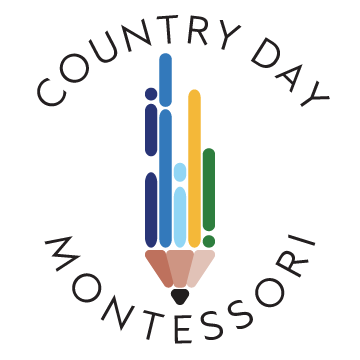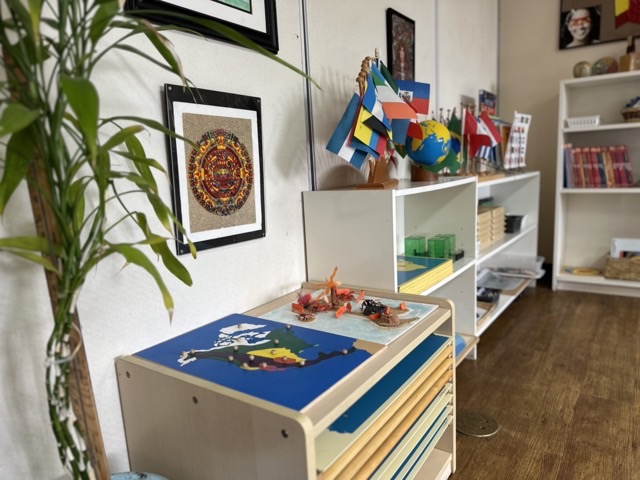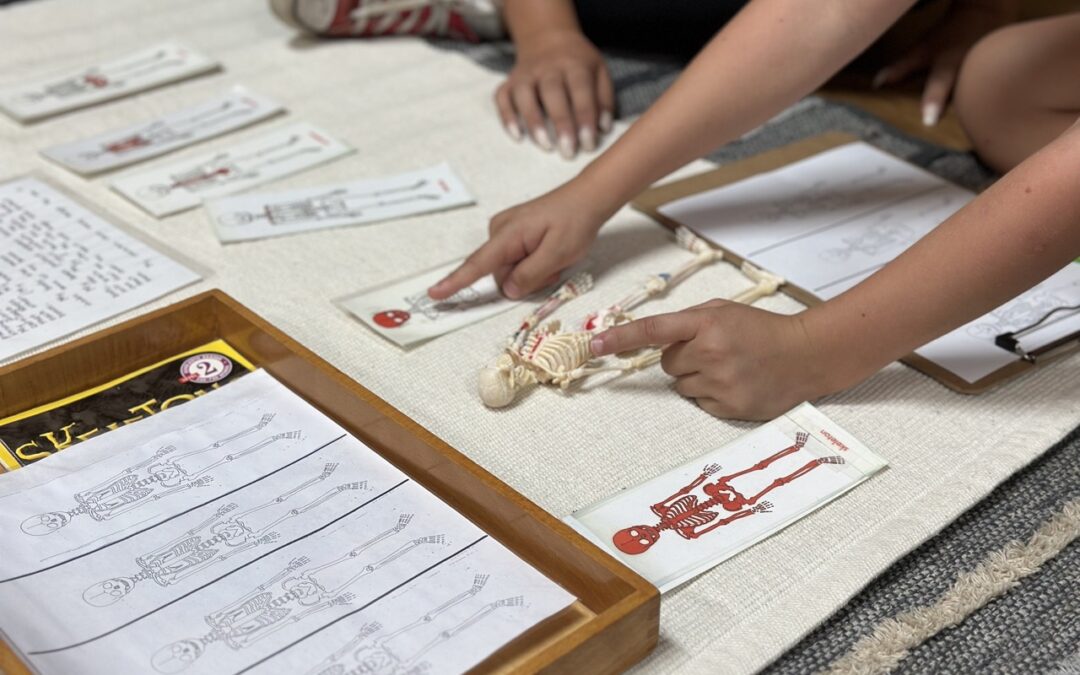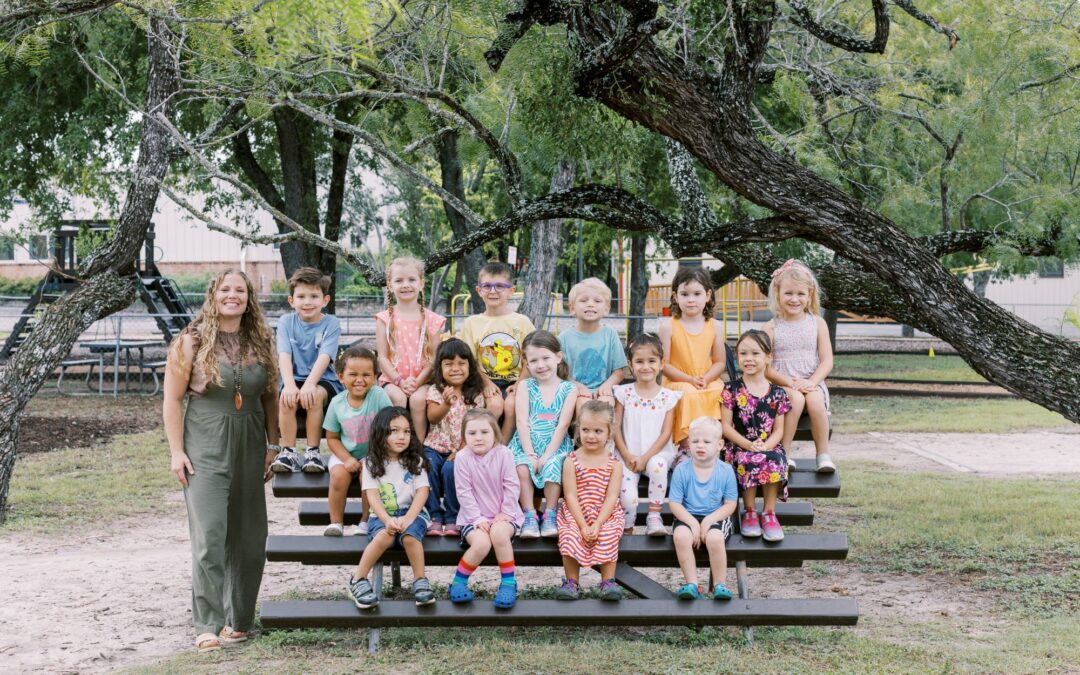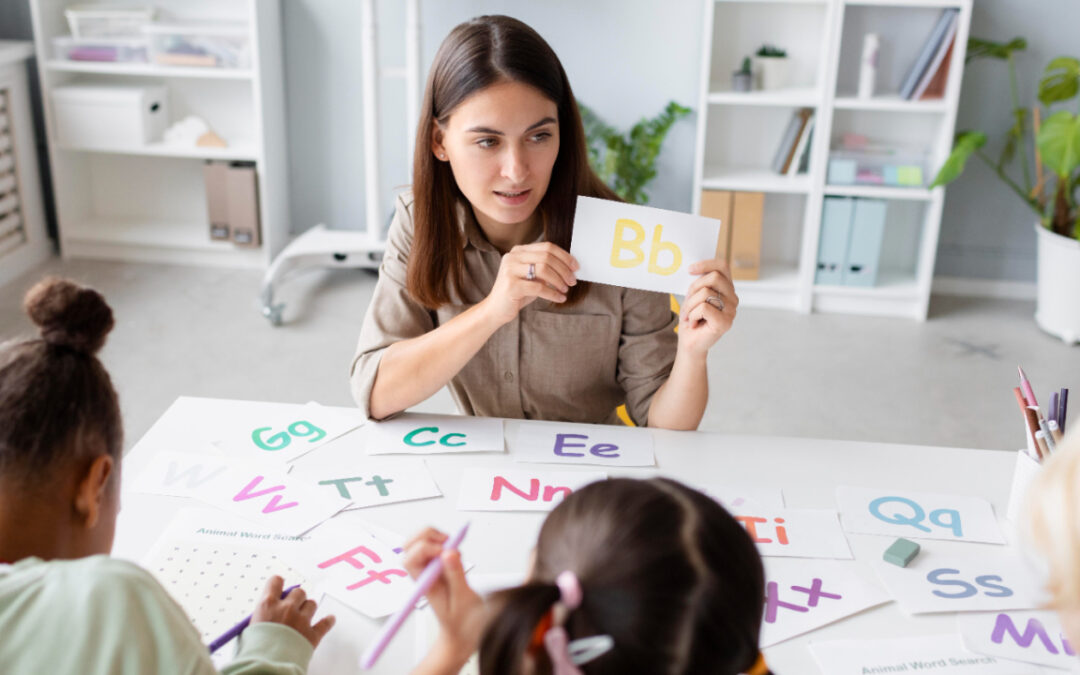What sets Montessori education apart from traditional schooling? At Country Day Montessori in San Antonio, the curriculum aims to develop the whole child, their own interests at their own pace – without skipping the basics. This article explores the key goals of Montessori education, including building independence, improving focus, and fostering academic growth.
To Build Independence and Confidence
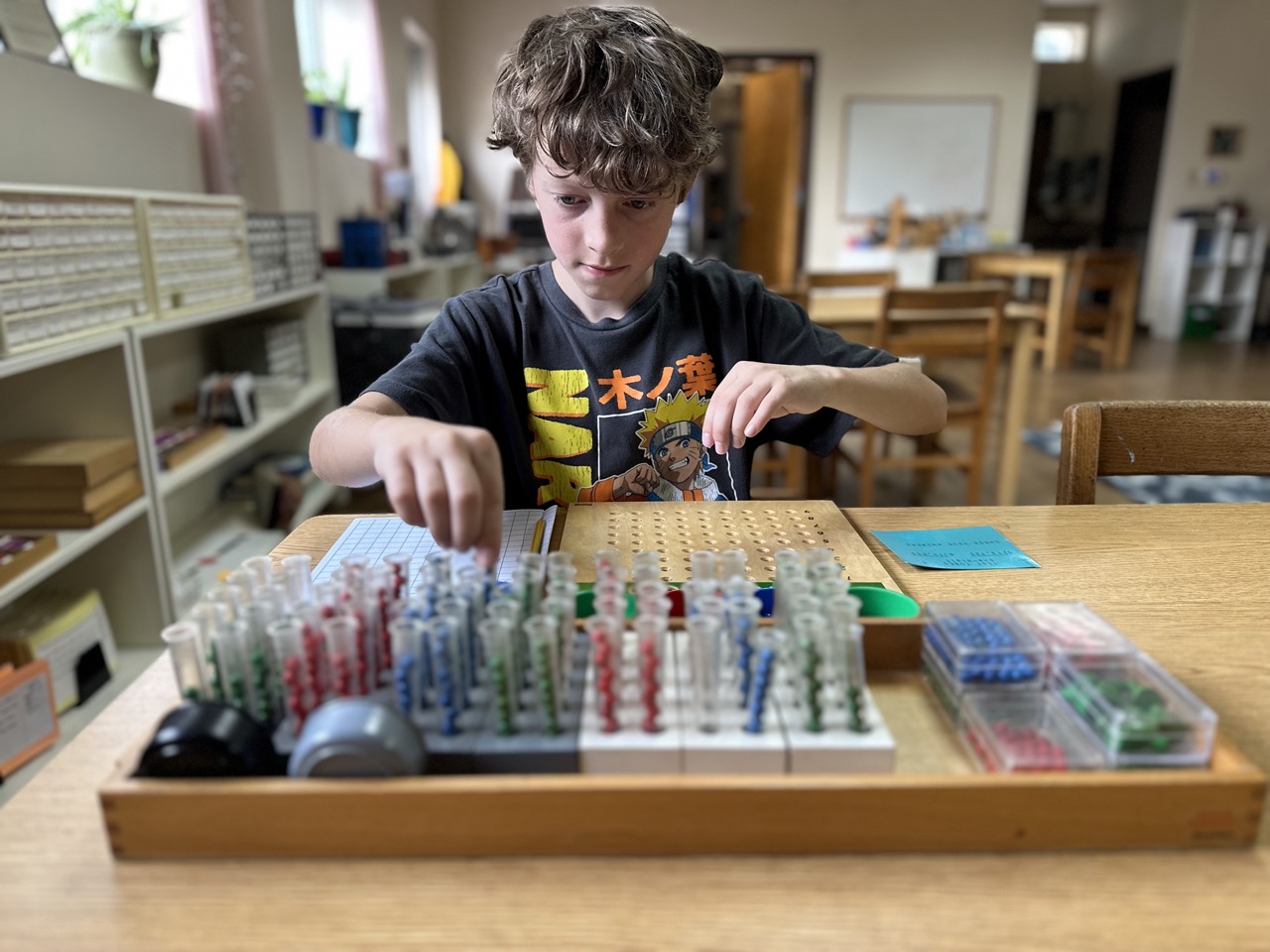
The Montessori curriculum aims to foster independence and confidence in children through early childhood education. Students are encouraged to make choices and solve problems independently, building self-reliance and decision-making skills.
This aligns with the Montessori philosophy of “freedom within limits,” where children are guided to explore their interests in a structured environment that promotes autonomy and competence. At Country Day this is fostered by gentle teaching and encouraging, allowing children to choose their work each day from a selection that gradually introduces new concepts as the difficulty increases. Children are able to reach and withdraw at will, growing their own skills on a self-guided journey.
Science exploration and experiential learning are integral to building confidence. Children engage in hands-on activities, conducting simple experiments and observing natural phenomena, which cultivate curiosity and critical thinking skills.
To Improve Focus and Organization
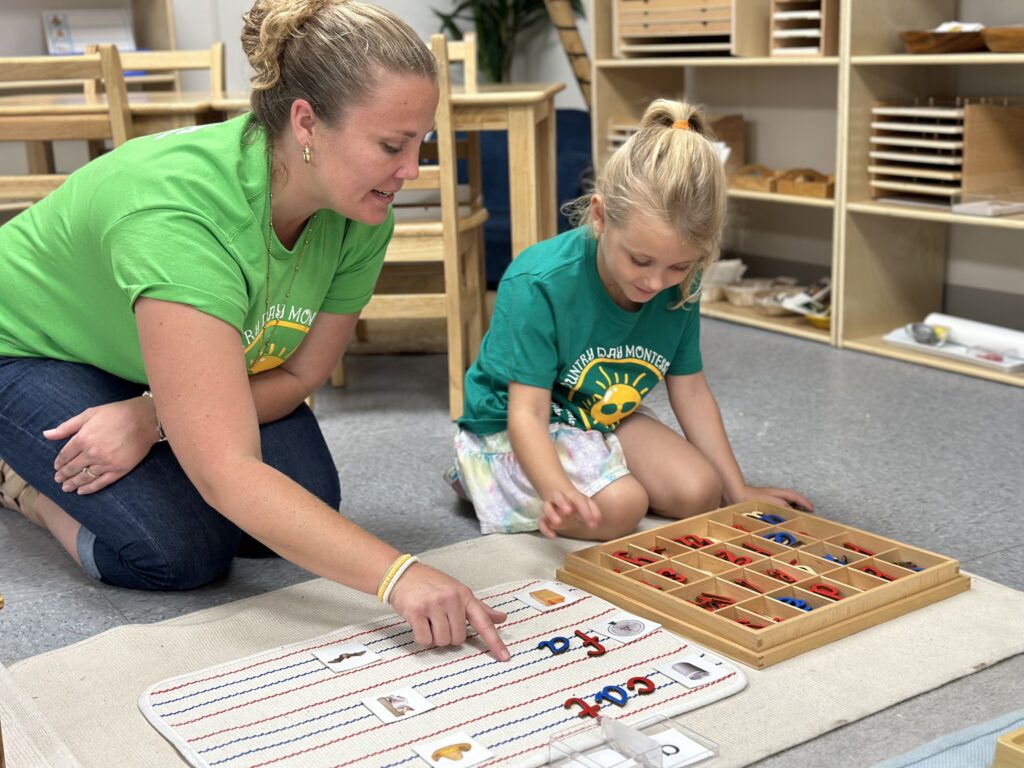
This age is filled with energy and new emotions. Modern screens and conveniences do not make it easy for a child to build up the ability to focus and see their way through a project, let alone a thought. The Montessori approach helps children to build their own focus muscle by conducting itself in a carefully prepared environment designed to foster concentration and order. Quiet music, children size furniture, and nothing that beeps, buzzes, or flashes.
Montessori classrooms like the one at Country Day have child height shelves with different projects all aligned. This environment is tailor made to allow children to choose their own activities and work at their own pace without distraction.
For example, mathematics are taught with concrete materials to help them understand abstract concepts, developing their logical thinking and attention to detail. Instead of only using their fingers to learn to count or the age-old “I have 3 apples, you have 2 apples,” Montessori classrooms put beads, rocks, or different objects in their hands so the concept is able to come alive.
The prepared Montessori environment plays a crucial role in fostering new organizational skills. Materials are arranged systematically, encouraging children to maintain order and develop a sense of structure in their work and surroundings.
| Montessori Element | Description |
|---|---|
| Uninterrupted Work Periods | Allow children to deeply focus on chosen activities, helping develop sustained attention. |
| Self-Correcting Materials | Materials with built-in error controls, enable children to identify and correct mistakes independently. |
| Sequenced Activities | Activities are presented in a progressive sequence, becoming more complex as children master each level. |
| Control of Errors in Tasks | Tasks like pouring water or arranging flowers that refine motor skills, build concentration, and foster order. |
| Practical Life Exercises | Activities encouraging peer learning, mentorship, focus, and responsibility. |
To Develop Senses and Motor Skills
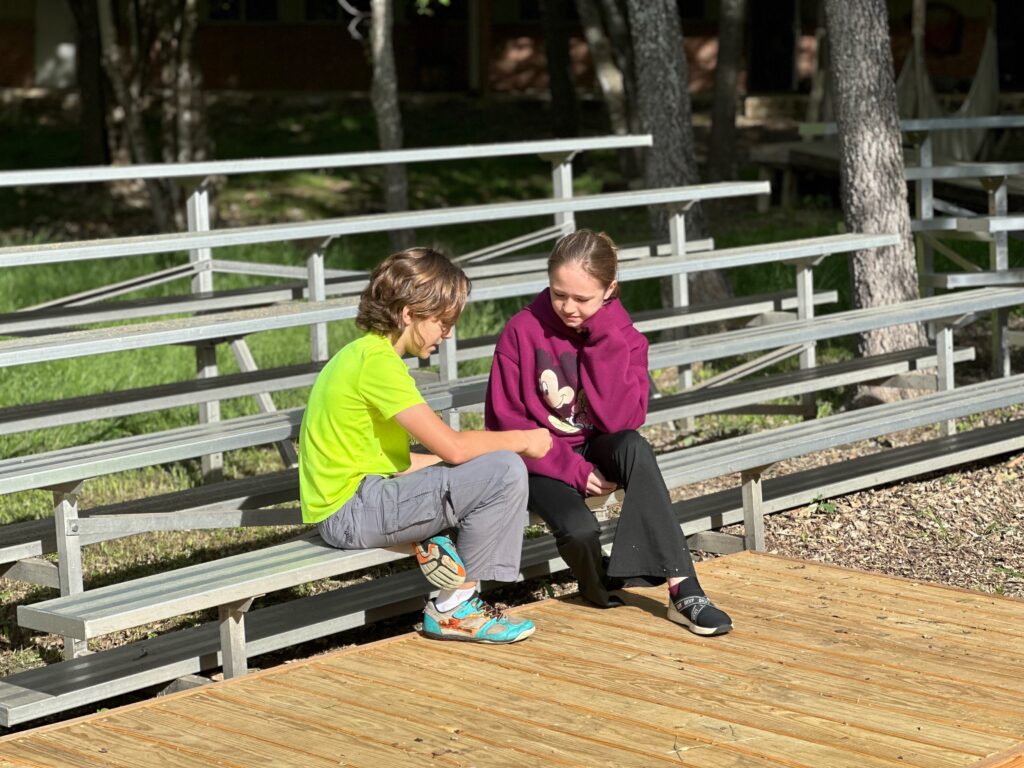
Developing full use of senses and motor skills is another essential component of early childhood education. These skills form the foundation for cognitive growth and creativity in young learners, particularly during the kindergarten years.
Maria Montessori believed that sensory and motor development were deeply interconnected with cognitive and emotional growth, laying the groundwork for later academic success.
Sensory activities in Montessori classrooms engage children’s sight, touch, smell, taste, and hearing. This multi-sensory approach enhances cognition and helps children build a deeper understanding of their environment.
Fine and gross motor skill development is is another integral part of Montessori curriculum. Activities like pouring, cutting, and manipulating small objects refine fine motor skills, while outdoor play and movement exercises strengthen gross motor abilities.
Practical Life activities such as spooning, tonging, or sewing are particularly effective in developing hand-eye coordination and manual dexterity. These exercises also prepare children for writing by strengthening their pincer grip.
Gross motor skills are developed through outdoor play and movement exercises like jumping, balancing, crawling, or climbing. These activities not only enhance physical strength but also boost confidence and self-esteem while helping children assess risks.
To Encourage Academic and Cognitive Growth
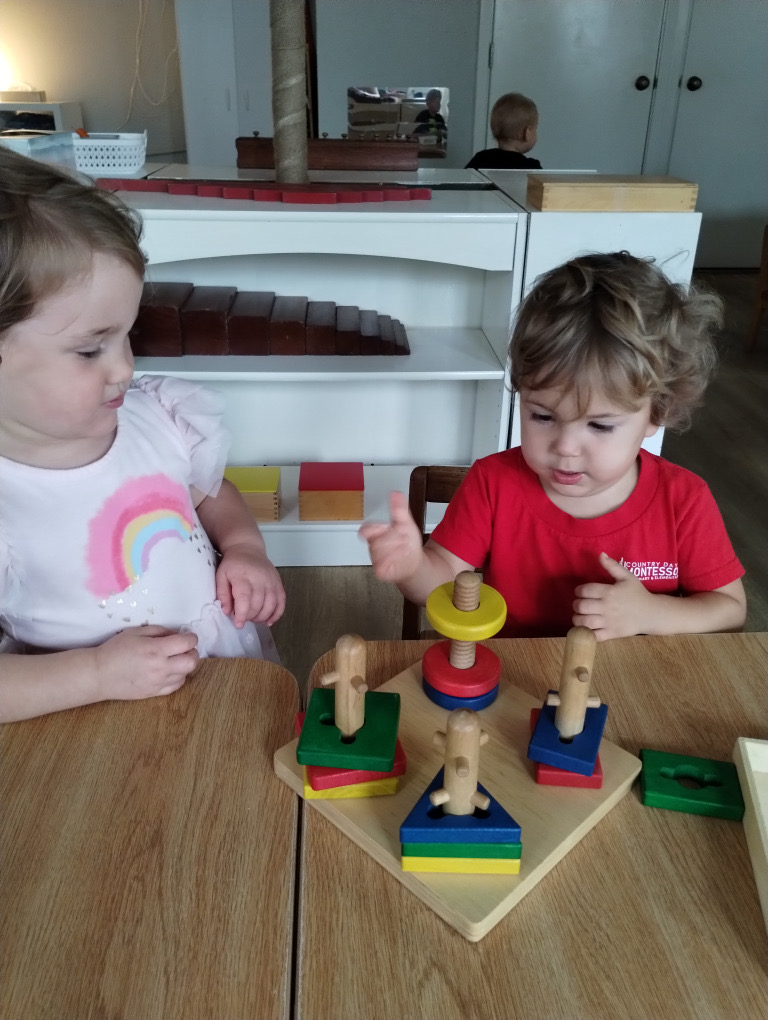
Children engage in self-directed learning activities that build critical thinking skills and expand their vocabulary. This promotes academic and cognitive growth by fostering confidence in primary school students.
There is a lot to be said for hands-on experiences and multi-sensory learning. The concepts are easier to grasp and students are able to more easily put the ideas into practice in their real life. This has great impact on their future academic careers.
Since every child moves at their own pace, academic growth is achieved through individualized instruction and progress tracking. Teachers guide students to master concepts at their own pace, ensuring a solid foundation for future learning.
The Montessori method emphasizes the connection between physical and cognitive development. Activities that refine motor skills simultaneously support academic growth, creating a holistic approach to education.
To Teach Social Responsibility
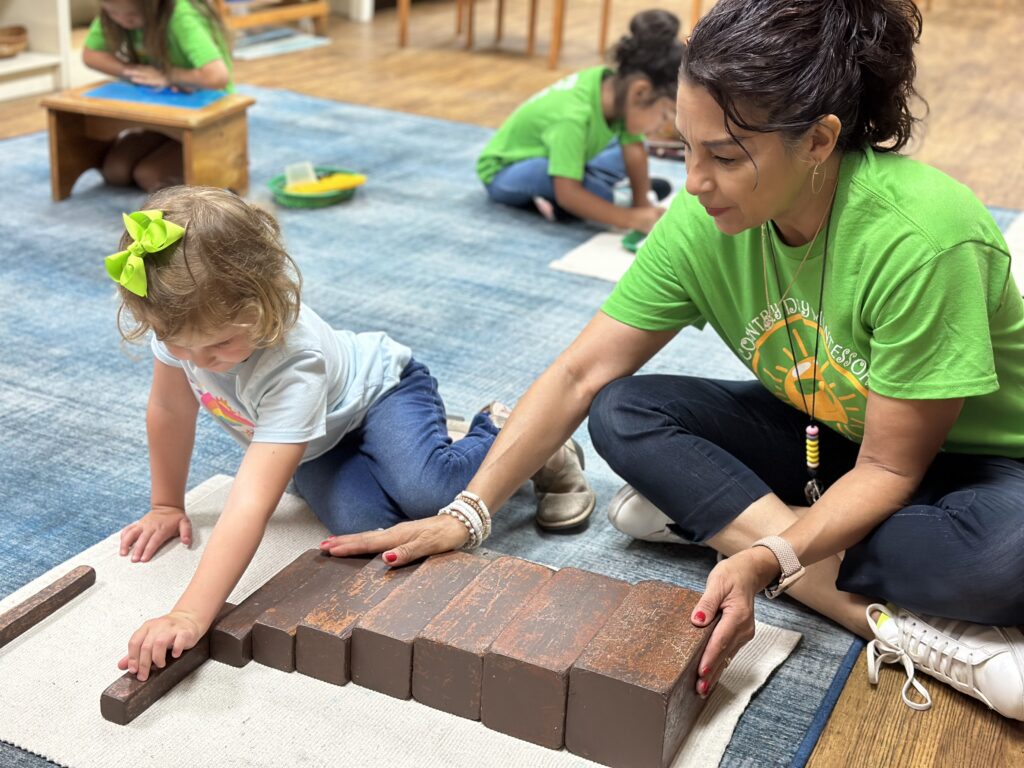
Geography is an important part of the curriculum because not only does it give students a larger view of the world but helps to foster understanding and empathy for other cultures and perspectives. Students develop a broader understanding of diverse cultures and environments, nurturing their curiosity about global communities. In San Antonio Montessori schools, cultural studies are an integral part of the curriculum, helping children become aware of where they live in the world and how they connect to the larger community.
Montessori classrooms promote social awareness by integrating concepts of peace and community service. Children learn to respect others and contribute positively to their environment, developing a sense of social responsibility from an early age.
Through hands-on activities and group projects, students gain practical knowledge of social interactions. These experiences help children build empathy and cooperation skills, essential for becoming socially responsible individuals.
This approach stimulates imagination while teaching social responsibility. By engaging in role-playing and problem-solving activities, children learn to consider various perspectives and develop creative solutions to social challenges.
Students who complete a montessori education in San Antonio are more likely to be well-rounded individuals who appreciate the interconnectedness of all people and the importance of contributing positively to the world around them.
To Inspire Creativity and Problem-Solving
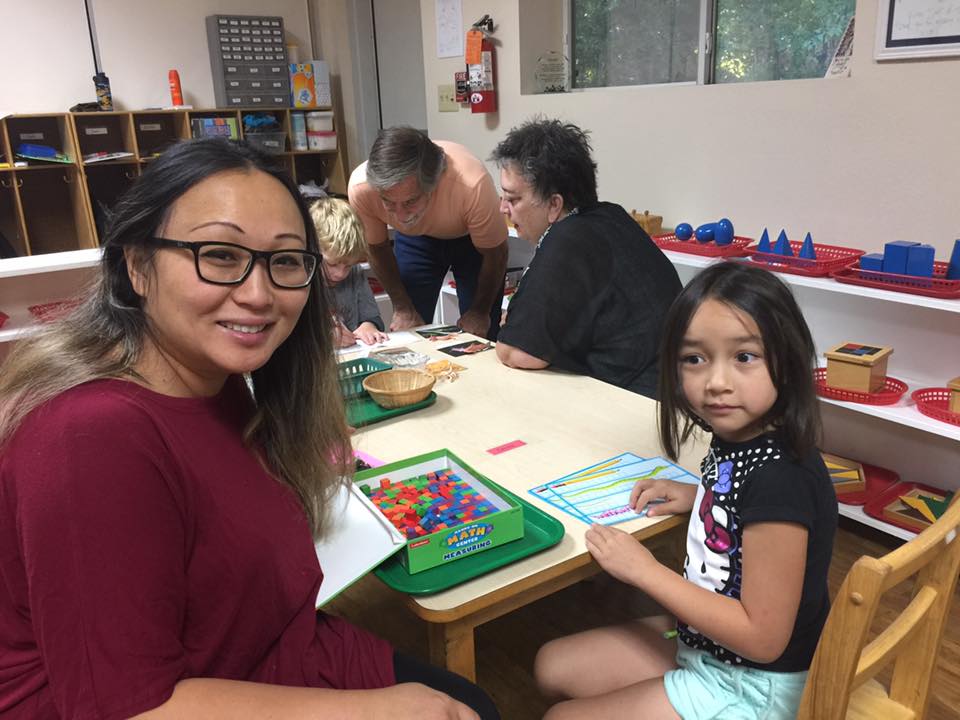
Nobody sends their child to school hoping they learn to obey obey obey. For many parents the real goal is to have children who are not afraid to rely on their own imagination and ingenuity to solve the problems they choose to solve. Montessori environments work to help students refind that thinking and certainty by creating an environment that lends itself to incrementalchanges in difficulty.
That is why the classrooms have a variety of tasks to choose from and why teachers guide a studnet through their project instead of more tradtional schooling methods. When children have the autonomy to decide what they want to work on, they are more likely to engage deeply with the task and explore it in creative ways.
Physical education in Montessori classrooms integrates movement with cognitive tasks, enhancing problem-solving abilities. This approach helps children develop a deeper understanding of their bodies and the world around them.
Because the projects are self-directected, students are able to creat their own networks for support by using their social skills and community. Using your network is an important part of the problem-solving process. Students learn to collaborate, share ideas, and respect diverse perspectives, building a strong foundation for creative thinking.
To Support Overall Growth
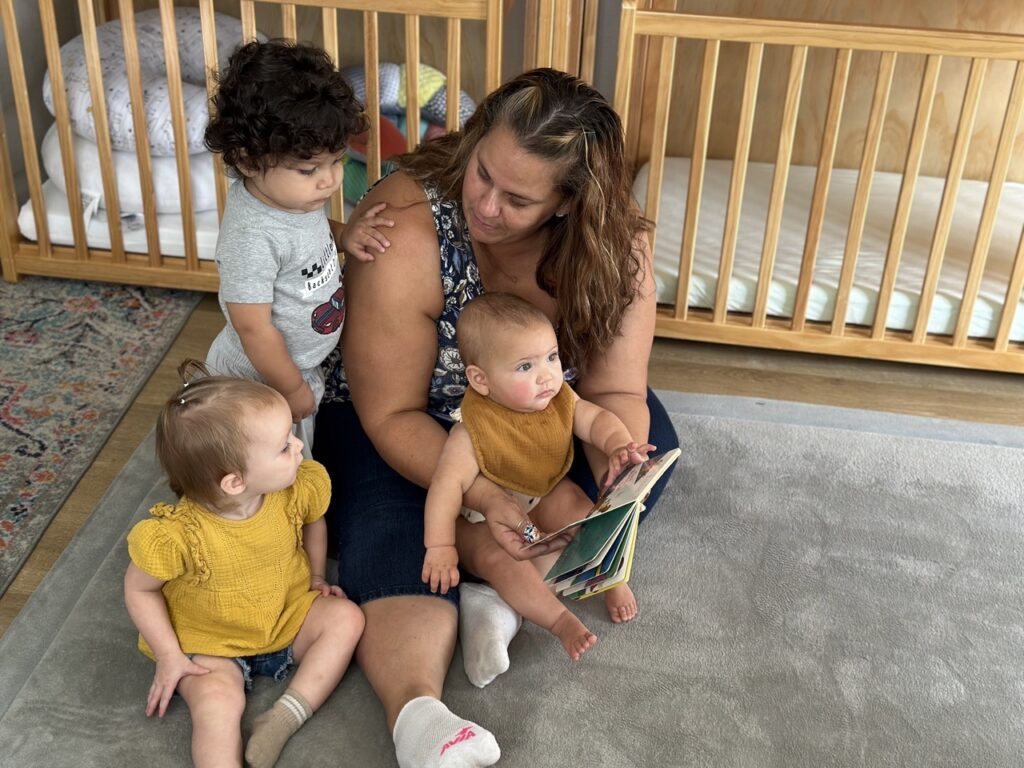
The Montessori curriculum supports overall growth by addressing diverse learning styles. It integrates subjects like geometry with practical life skills, fostering holistic development in children.
Parents play a crucial role in supporting their child’s growth within the Montessori framework. The curriculum encourages parent involvement, creating a seamless connection between home and school environments.
Montessori education aligns with international baccalaureate principles, preparing students for global citizenship. This approach supports cognitive, social, and emotional growth, equipping children with skills for future academic success.
Quality child care is a cornerstone of the Montessori method, supporting overall growth through nurturing environments. The curriculum aims to develop well-rounded individuals by balancing academic rigor with personal development.
See the Difference for Yourself – Schedule a Personalized Tour Today!
Experience the unique learning environment at Country Day Montessori, where children grow through hands-on learning and independence. Our 4.5-acre campus features barnyard animals, a butterfly greenhouse, and authentic Montessori classrooms for children from infancy to elementary.
With small group instruction and personalized learning plans, we inspire curiosity and a love of learning. Meet our caring teachers and see our classrooms in action at 4194 Jung Rd, San Antonio, TX 78247. Schedule a tour today and discover the Country Day difference!
Frequently Asked Questions
What methods are used to improve focus and organization skills?
Country Day Montessori employs Montessori methods to enhance focus and organization skills. Students use hands-on materials, work at their own pace, and engage in self-directed learning. The prepared environment and multi-age classrooms foster concentration and time management, supporting children's natural development of these essential skills.
How does the Montessori curriculum develop sensory and motor abilities?
Montessori curriculum develops sensory and motor abilities through hands-on materials and activities. Children engage with specialized tools, exploring textures, shapes, and sizes. Movement-based exercises enhance fine and gross motor skills, while practical life activities refine coordination and control.
What academic areas does Montessori education emphasize for cognitive growth?
Montessori education emphasizes practical life skills, sensorial development, language, mathematics, and cultural studies. These areas foster cognitive growth through hands-on learning, self-directed exploration, and integrated subject knowledge, promoting critical thinking and problem-solving abilities in students.
How does Montessori teaching encourage problem-solving and creativity in students?
Montessori teaching encourages problem-solving and creativity by providing hands-on materials and child-led activities. Students explore freely, make choices, and work at their own pace, developing critical thinking skills. The prepared environment fosters independence, allowing children to discover solutions and express their creativity naturally.
What are the main residential areas from which most of your students come?
Our students come from a variety of vibrant residential areas! Many families live near Garden Ridge, around A Natural Bridge Caverns. We also welcome students from the neighborhoods surrounding Encino Park and the Encino Park Community Center. Whether in these neighborhoods or others across the city, our Montessori school proudly serves families all over San Antonio!
